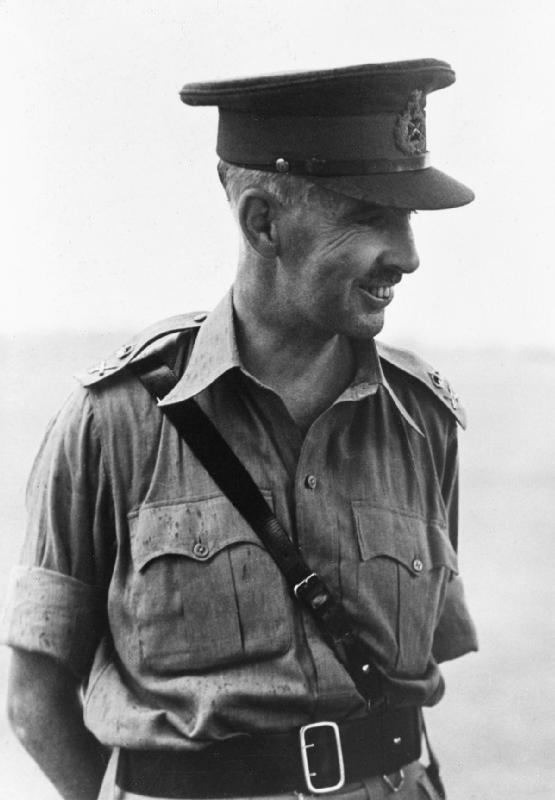The title of this book accurately describes the foci of the book: General Percival and the fall of Singapore. However, the objective of tying the man and the campaign together can only be achieved if the narrative is weaved carefully and in this, there were points when the book risked achieving neither.
The book started off fine enough, concentrating on General Percival's early military career, detailing his time in Northern Ireland, his time in staff college and his first stint in Singapore where he made some good calls about what the defence of Singapore would entail should the Japanese ever attack south. All went well until the middle section of the book on the Malayan Campaign. Here it became less clear if the book was about the General Officer Commanding (GOC) or if it was about the campaign. Of course, as the GOC, he was intricately tied to the campaign, but the author focused overwhelmingly on the Japanese's tactics and the British's countermeasures and only gave the GOC passing mentions. Part of the reason could be the author's attempt to show the hopelessness of the situation right from the start and so to absolve the GOC of responsibilities for the inevitable outcome.
But once the campaign was over, the focus went back to the General and on his years in captivity and the post-war life, closing on a bitter-sweet note on his passing on January 1966. Again, if the book is on the General, the post-war section should receive as much attention as the pre-war part which is unfortunately not the case. I found this part well worth reading for it allows me to know a little more about his life after the war. Equally interesting is the author's description of his work with the general in the Far East Prisoners of War Association which was set up to support the POWs taken in Malaya/Singapore and Burma.
Since the publication of this book (1971), a lot more information has become available, scholars have published many articles on the subject, and other books have also been written on the Campaign. If it is the Malayan Campaign that a reader is interested in, this is one that can be considered: Singapore Burning by Colin Smith. For one written from the Japanese perspective, readers can consider Japan's Greatest Victory/ Britain's Greatest Defeat
by Masanobu Tsuji. There is a more recent (1993) book that takes on a similar thread Scapegoat: General Percival Of Singapore by Clifford Kinvig that readers may want to consider as well.
(I could not find a picture of the cover of this book, so I used the most dignified picture of General Percival available.)

